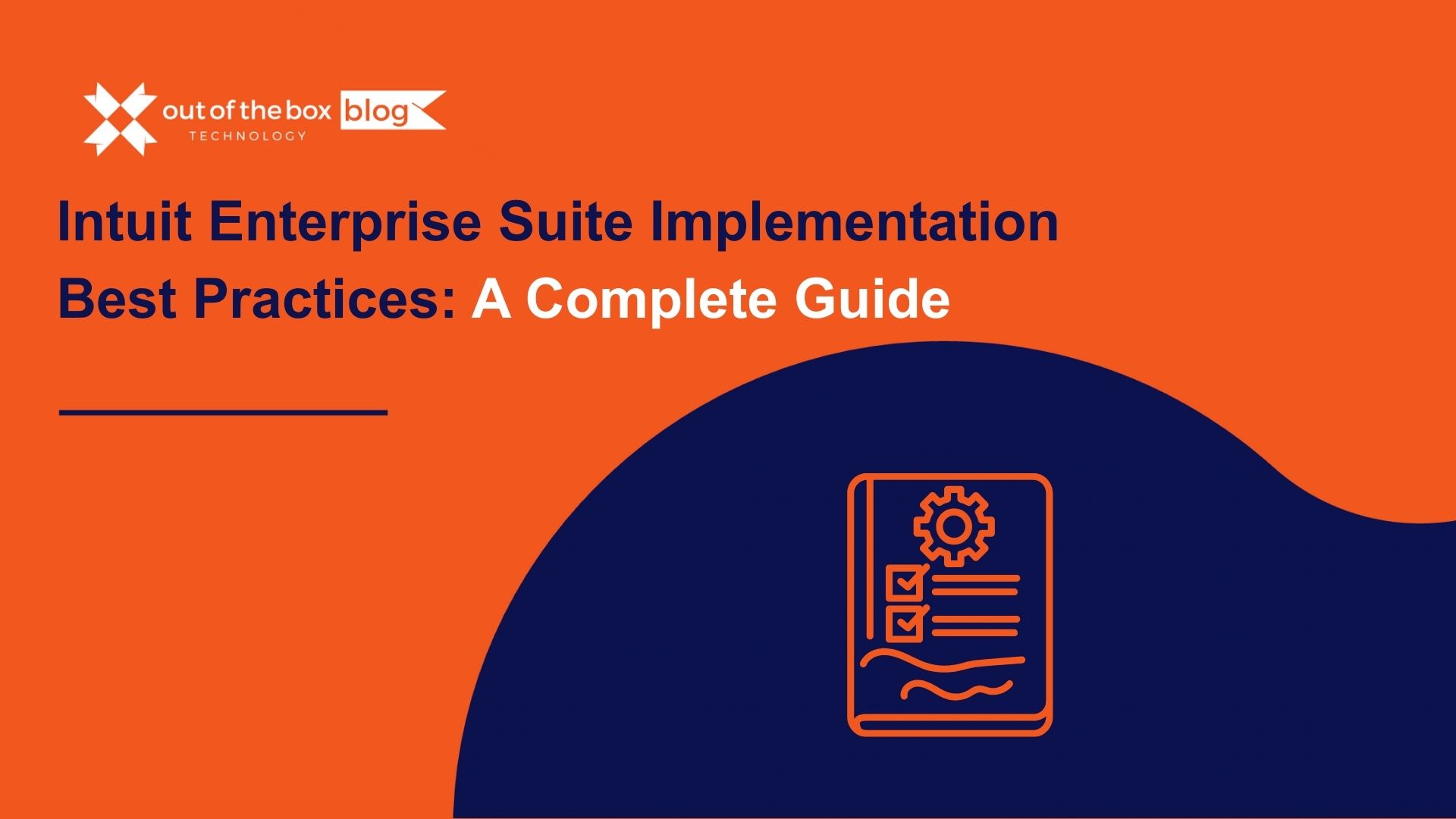As a small business owner, maintaining accurate financial records might seem like just another task on your ever-growing to-do list. However, the true cost of neglecting this critical aspect of your business can be far greater than you might expect.
From tax penalties to missed growth opportunities, the consequences of poor bookkeeping extend beyond mere inconvenience. In this detailed exploration, we uncover the top ten financial risks that arise from not keeping your books in order. Each point is backed by compelling data to illustrate just how detrimental this oversight can be. If you’re aiming to safeguard your business’s financial health and steer clear of these costly pitfalls, read on to discover why effective bookkeeping isn’t just good practice—it’s essential.
10 Critical Financial Risks for Small Businesses
1. Impaired Financial Analysis and Planning
Accurate books are crucial for analyzing the business’s financial health and planning for the future. Without them, it’s challenging to gauge profitability, plan budgeting, and make informed strategic decisions, which can stunt growth and profitability.

2. Cash Flow Problems
Inadequate record-keeping can obscure the true financial state of a business, making it hard to track cash flow accurately. This can lead to issues such as running out of cash unexpectedly, not being able to cover operational costs, or making poor financial decisions based on incomplete data.

3. Increased Audit Risk
If the tax authorities decide to audit your business, having incomplete or inaccurate books can prolong the audit process, increase the likelihood of findings against your business, and lead to additional fines and penalties.

4. Operational Inefficiencies
Not having a clear picture of expenses, sales, inventory, and other financial metrics can lead to poor management decisions, excess or insufficient inventory, and other operational inefficiencies.

5. Missed Deductions
Proper bookkeeping helps in identifying all allowable business expenses that can be deducted. Poor records might result in missing out on these deductions, leading to higher taxable income and thus higher taxes.

6. Difficulty in Obtaining Financing
Lenders and investors typically require detailed financial records to evaluate a business’s health and viability. Poor bookkeeping can make it difficult to secure financing, as it raises questions about the reliability of the financial information presented.

7. Wasted Time and Resources
In the event of financial discrepancies or the need for sudden financial reporting, a lot of time and resources may be wasted in trying to reconstruct accurate records, diverting attention from daily business operations.

8. Reputational Damage
For businesses that require financial transparency with stakeholders (like partners, investors, or significant customers), poor bookkeeping can damage credibility and trust, potentially harming business relationships.

9. Tax Penalties and Interest
Without accurate bookkeeping, it’s difficult to file accurate tax returns. Mistakes or omissions can result in tax penalties and interest charges from the IRS or other tax authorities. These can be substantial, depending on the severity and nature of the errors.

10. Legal Implications
In some cases, particularly in corporations, failing to maintain proper books can lead to legal repercussions, including personal liability for the business’s debts or wrongful actions.

Summary
Maintaining accurate and timely books is therefore not just a regulatory requirement but also a critical component of sound business management, helping to avoid these costly scenarios.
Meet with a QuickBooks service expert today!
Schedule a complimentary QuickBooks service consultation to find out the recurring accounting services to help your business run at its best.




